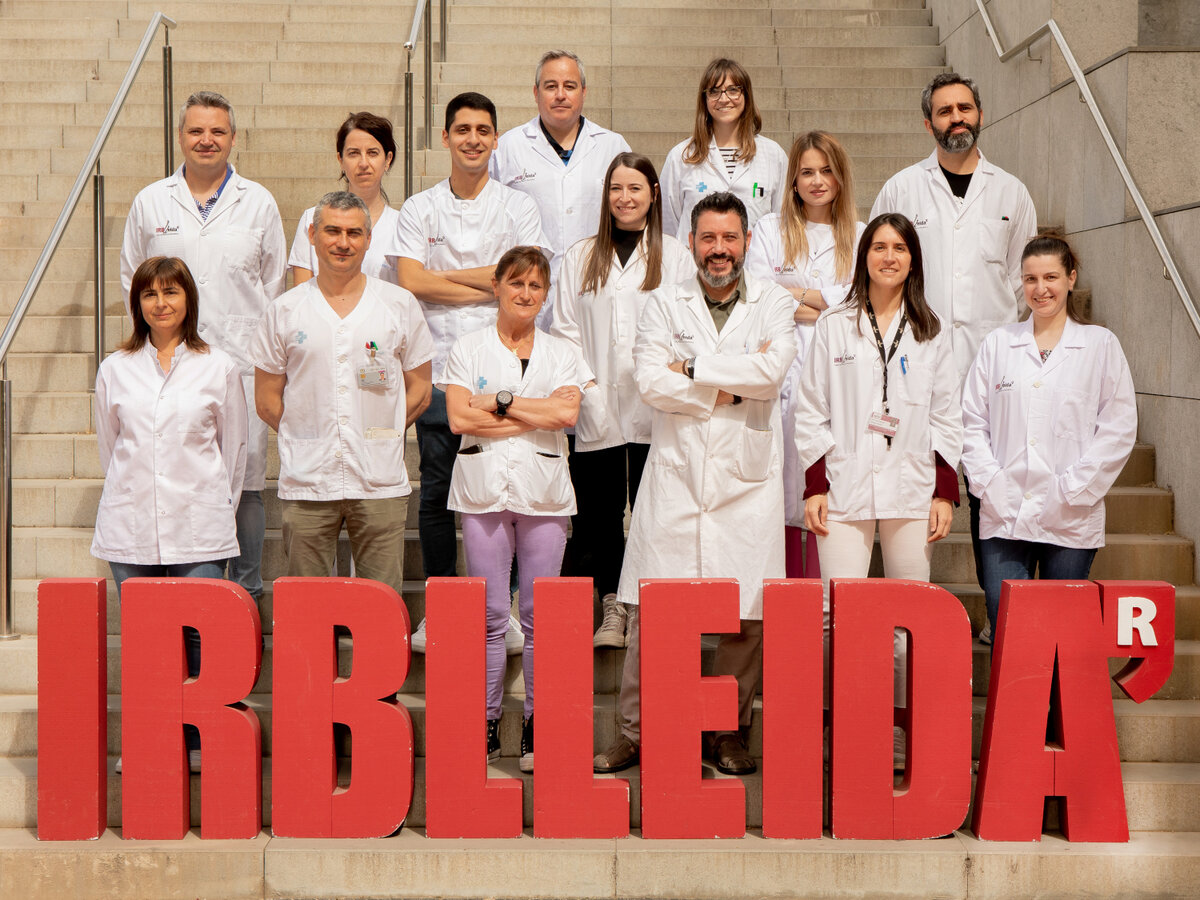Vascular and renal translational research group

The main research lines of the Vascular and Renal Translational Research Group are:
- Identification of molecular mechanisms involved in the progression of chronic kidney disease
- This line of research focuses on investigating the mechanisms that lead to the loss of renal function and fibrosis of renal tissue. The line is mainly focused in the mechanisms of epithelial mesenchymal transition of proximal tubular cells, that lead to the scarring of the kidney. Furthermore, the group focuses in risk factors involved in the progression of CKD and the possible strategies to slow down its evolution.
- Factors involved in glomerular diseases
- In this line the group investigates the pathophysiological changes involved in glomerular disease, mainly related to the loss of function of podocytes and in developing novel agents for more effective treatments.
- Identification of factors involved in the acceleration of atherosclerosis and vascular calcification in chronic kidney disease
- In this line of research the group investigates the mechanisms leading to an increased incidence of cardiovascular disease in patients with CKD, and to find therapeutic targets able to tackle this problem.
- Mineral metabolism disorders and renal osteodystrophy
- This line of research is focused on the study of mineral and bone alterations associated with the loss of renal function and its implication in the development of cardiovascular diseases. Alterations in the metabolism of phosphorus and calcium compromise bone and cardiovascular health, which are closely related. At the structural and cellular level, bone histomorphometry is the gold standard for the evaluation of bone disease in kidney patients, allowing analysis of bone volume, mineralization and remodeling. In addition, this line deals with the study of bone as an endocrine organ, which plays a crucial role in systemic homeostasis. This research covers complications of chronic kidney disease such as secondary hyperparathyroidism, bone disorders, the development of vascular calcification, the mechanisms of regulation of hormone synthesis by bone, and the cross-talk between bone and the cardiovascular and renal systems.
- Vitamin D receptor in health and disease
- The group investigates the physiology of vitamin D in vascular, renal and bone systems, together with its alterations in renal and vascular diseases.
- Obesity and Renal Disease (PI: Milica Bozic)
- Obesity is a major worldwide health problem and is associated with a significant risk of renal function decline. Renal proximal tubular epithelial cells (RPTECs) seem to be most sensitive to lipid overload due to a fact that proximal tubule almost exclusively uses fat as their energy source. Obesity and Renal Disease research line aims at: (a) Dissecting the role of renal proximal tubular epithelial cells in renal injury caused by lipotoxicity; (b) Identifying the key miRNAs involved in the development of obesity-related kidney disease, and their possible exploitation as therapeutic targets. In this research line, we combine in vitro studies with an in vivo animal model of disease, next generation sequencing and human kidney biopsies.
- Acute Kidney Injury and Renal Senescence (PI: Milica Bozic)
- Acute kidney injury (AKI) is a risk factor for chronic kidney disease (CKD) with mortality rates exceeding 50%. To date there are no effective therapies for AKI. Renal tubules perform essential functions of reabsorption and secretion in the kidney, thus damage to this part of the nephron is one of the key mediators of AKI. Acute Kidney Injury and Renal Senescence research line aims at: (a) Identifying the cellular and molecular mechanisms of AKI; (b) Identifying the role of proximal tubule in the renal senescence. In this research line, we combine in vitro approach with genetically modified mouse model with specific deletion of the gene of interest in the proximal tubule and human kidney biopsies.
- Extracellular vesicles in renal physiology and pathophysiology (PI: Milica Bozic)
- This line of research aims at identifying the role of extracellular vesicles (EVs) in physiological and pathophysiological processes in the kidney. We focus on the investigation of therapeutic effect of EVs on renal damage, as well as their potential as non-invasive biomarkers of kidney disease. This research line combines in vitro approach with an in vivo animal model of disease, as well as the analysis of human biofluids.
-
Improving cardiovascular risk prediction through carotid and femoral ultrasound
-
Calprotectin as a new companion biomarker and associated drug target for premature vascular aging in chronic kidney disease and type 2 diabetes






